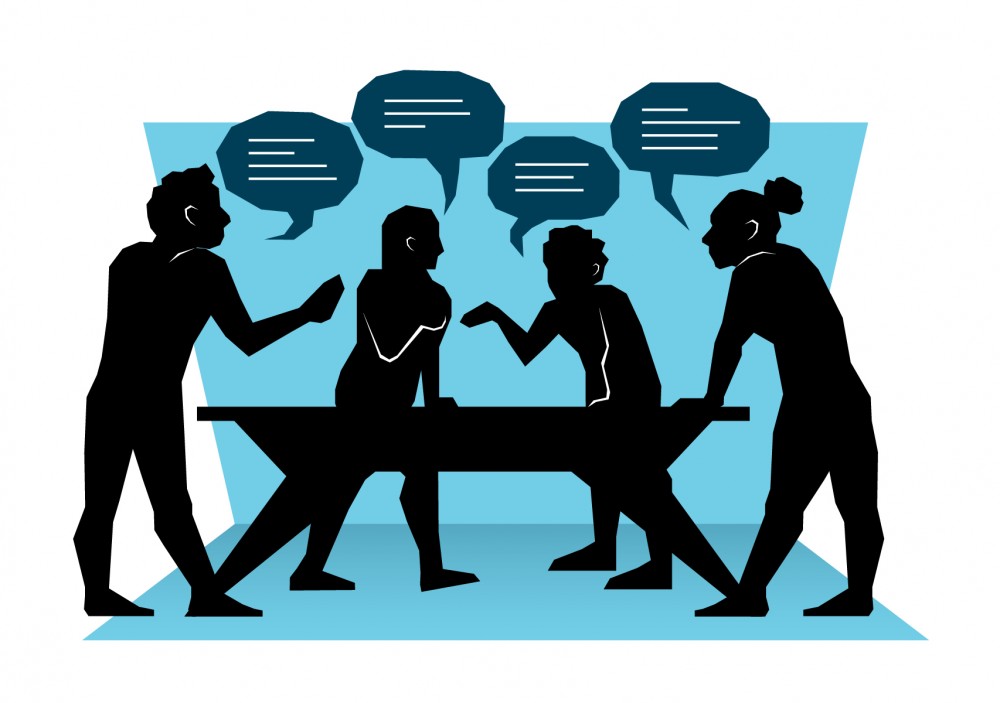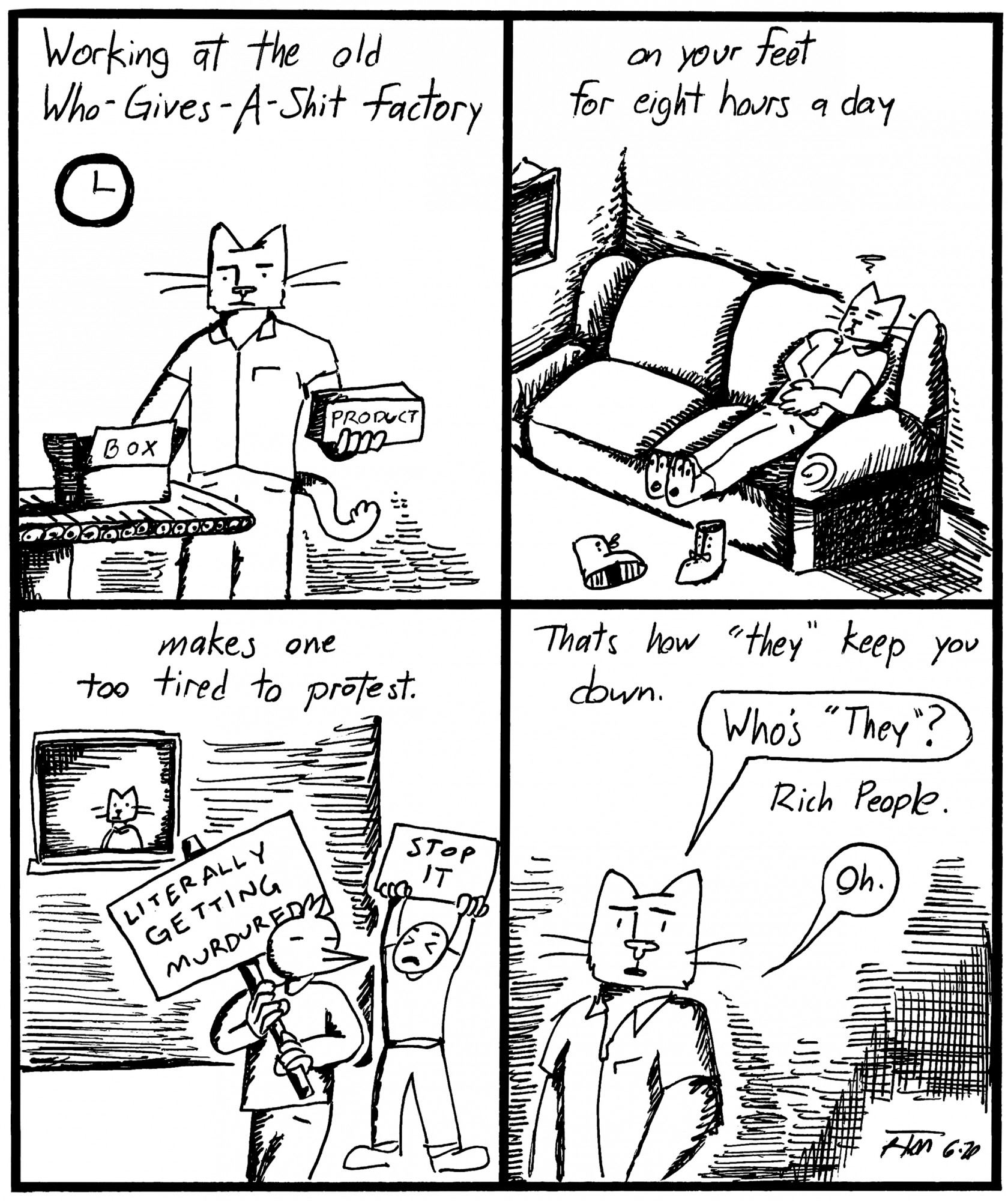Objectivity is one of the main pillars of journalism. As journalists, we should seek out information that serves the truth — not special interests. The aim of objectivity is encouraged to reach past our work life and into our personal decision making. Everything from accepting gifts from sources to donating to political campaigns can tarnish writing careers and put people at risk for losing their job. But with an upcoming presidential election and a polarized political landscape, the question of whether or not journalists should be allowed to vote, especially in the primaries, is circulating among both the media and the public.
Last week, Kelly McBride, senior vice president of the Poynter Institute, tweeted out the question: “Should journalists vote in primaries? Go.” The debate that followed echoed the same concern that media ethics professionals have been arguing back and forth for years.
The Society of Professional Journalists outlines on its website that journalists shouldn’t engage in “any” political activity. This avoids all conflicts of interest and prevents journalists from losing their credibility.
But voting in primary elections doesn’t guarantee the same level of anonymity that general elections do. To vote in a primary election, you need to be a registered member of a political party.
Minnesota’s own Laura McCallum, interim director at MPR News, is considering enacting a newsroom-wide policy that would keep MPR’s journalists from voting in the primaries. The hope is that it would prevent campaigns from accessing the personal political positions of its journalists and spreading that information widely. McCallum is “taking the same approach of allowing her reporters to decide for themselves about the Minnesota primary. But she hopes they will thoughtfully consider disclosure of voting records and think about how their work intersects with the election coverage,” according to a recent article.
Vincent Duffy, the newsroom director at Michigan Radio, votes without issue. He said that the standards within his newsroom’s editorial process are complete enough to pick out biases if they arise. But, at this point, both media entities agree that the decision should be left to the journalist themselves.
Journalists should consider that being able to refrain from voting is a very privileged position to take in the first place. As the world of journalism shifts from a whiter male standard and welcomes more diversity, we have to think of the communities we come from. In the past, journalists may have been able to remain unaffected by abstaining their vote. Journalists today are not always afforded that same advantage. How can we ask a gay journalist, or a journalist of color, to abandon their identity and pretend that the decisions our citizen appointed leaders make do not affect their everyday lives?
Our role as journalists is to serve the people and the communities around us. The more we seclude and separate ourselves from those around us, the easier it is for the idea of “Us vs. Them” to be perpetuated. In a media minefield full of distrust and misinformation, one of the most important things for us to do is engage; for some, that means with voting, and for others, it does not. Journalists have to make the personal decision of whether or not to vote — especially in the primaries, where their political affiliations are somewhat out in the open. Deciding just how to do that, whether it be with newsroom policies or not, is what’s up to debate. We don’t have an answer per se; but as the debate continues, journalists should remember why we are here in the first place.
Correction: a previous version of this article in correctly stated Laura McCallum‘s title; she is the interim director of MPR News. This article has also been updated to reflect the context of MPR New’s discussion of primary election voting.









